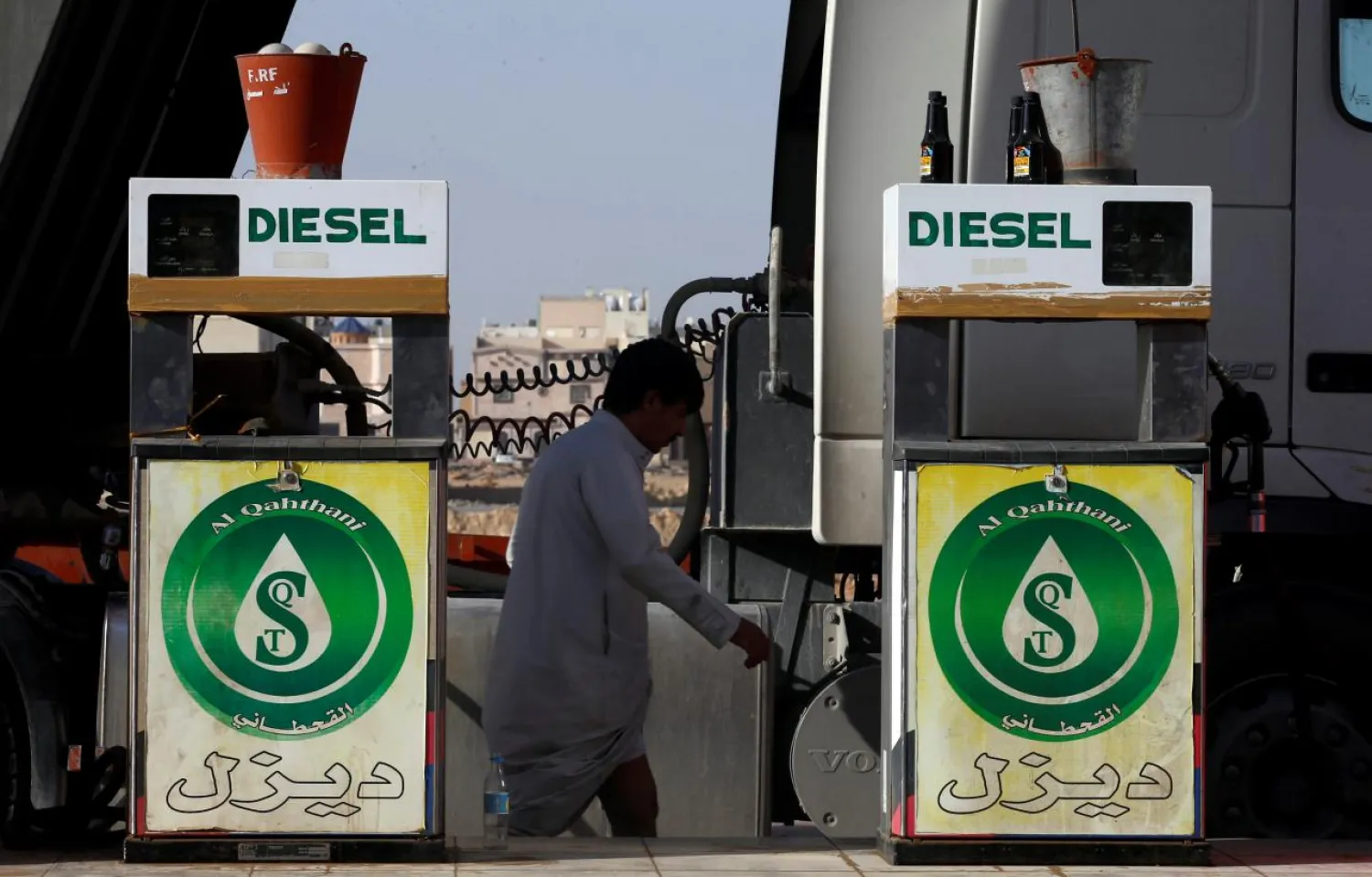Saudi Energy and Industry Minister Khaled Al-Falih said that the price of gasoline in the kingdom was still one of the cheapest in the world despite the recent price hike, noting that it was lower than in other Gulf countries such as the UAE and Oman.
In a television interview with Saudi Arabia’s Channel One, the minister said that the price of gasoline in the kingdom was also low compared to the rest of the oil-producing countries such as the United States, where prices are twice of those in the Kingdom.
“The global average in general is more than double the prices in Saudi Arabia after the reform,” he added.
Moreover, the price of gasoline in Norway, one of the largest oil producers in Europe, exceeds by three times the price in the Kingdom, because of the high taxes imposed by the country on fuel, according to Al-Falih.
Figures from the Organization of the Petroleum Exporting Countries (OPEC) show that most of the world’s gasoline prices are high because of taxes. The US tax on gasoline reached about 24 percent in 2016, as OPEC stated in its latest statistics on the price of gasoline globally.
“Work is underway to raise the price of gasoline gradually to reach the world price by the end of the period of financial reform adopted by the State,” the minister said, adding that gasoline prices in the future would not be fixed and would depend on the global price fluctuations.









